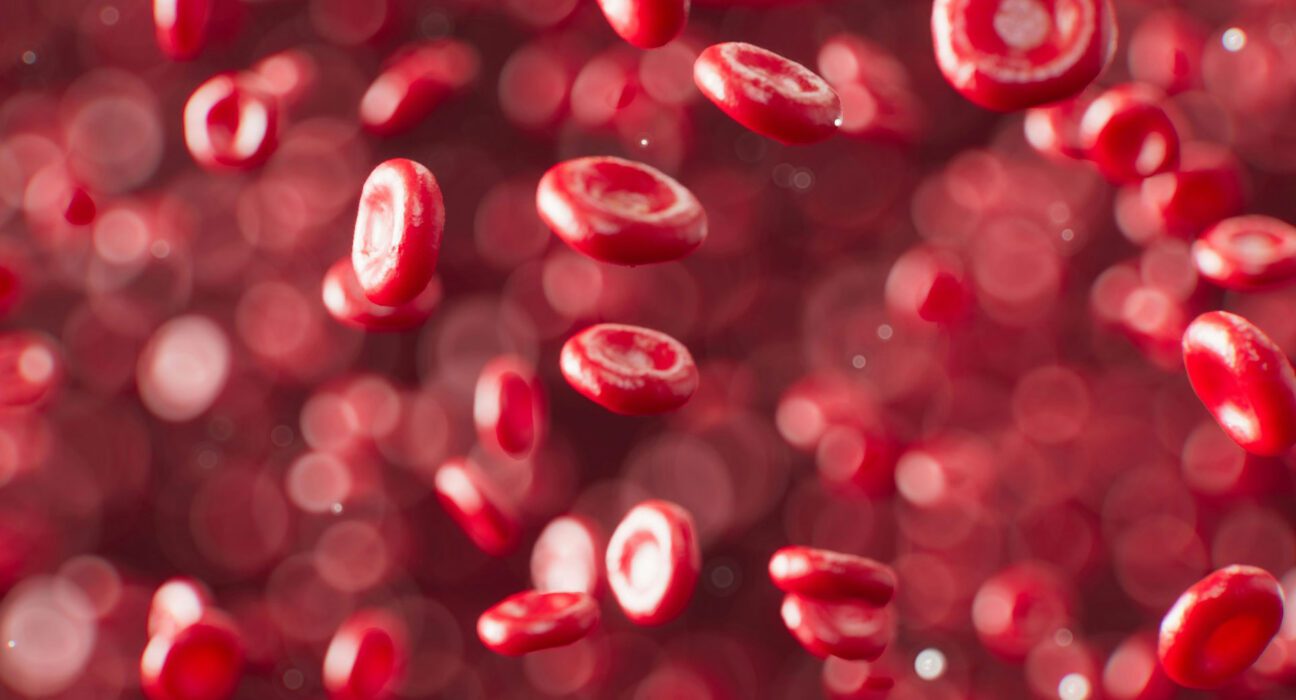*Covid Toe & Other COVID-19 Skin Presentations
The persistence of COVID toe in long COVID adds a peculiar aspect to the spectrum of post-acute sequelae, emphasizing the need for continued investigation and tailored care to address the diverse and lingering manifestations faced by individuals on the path to recovery









